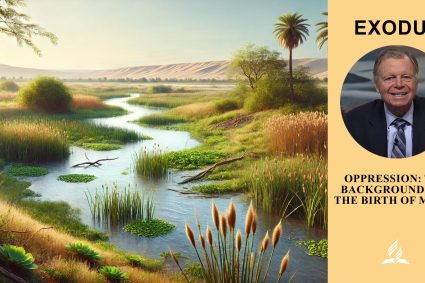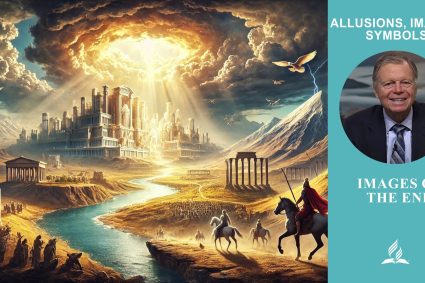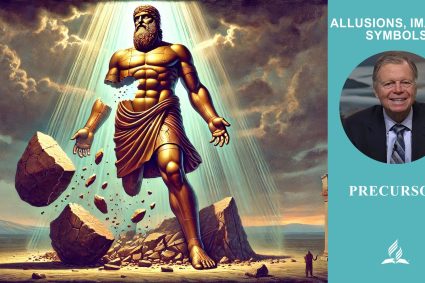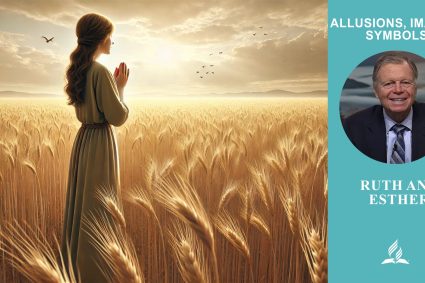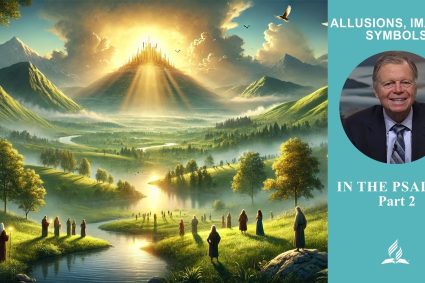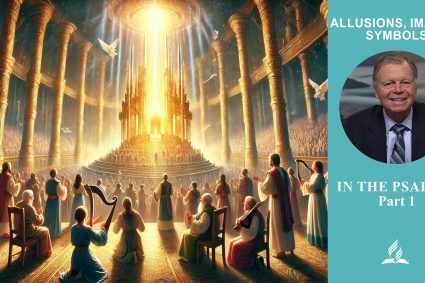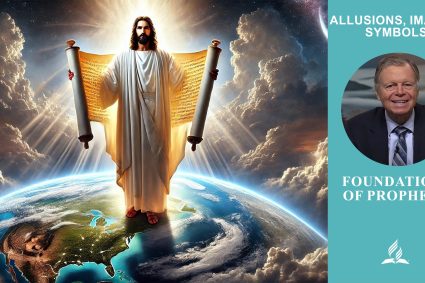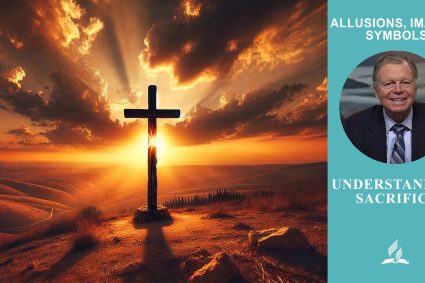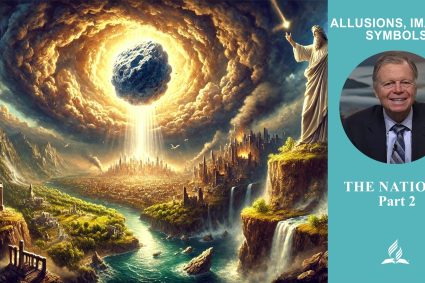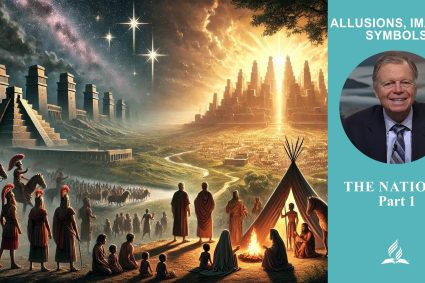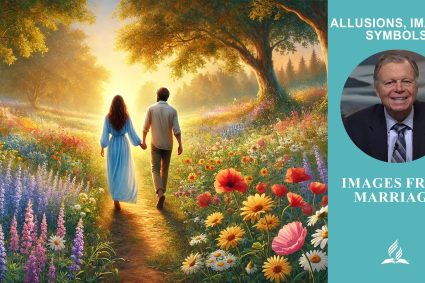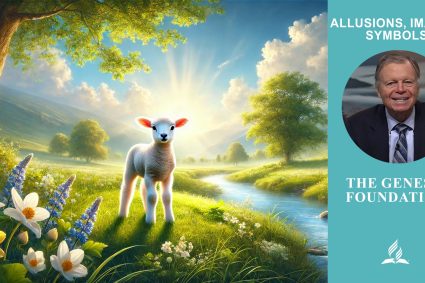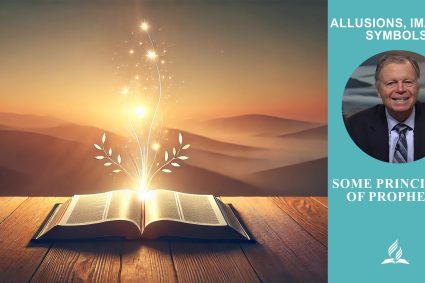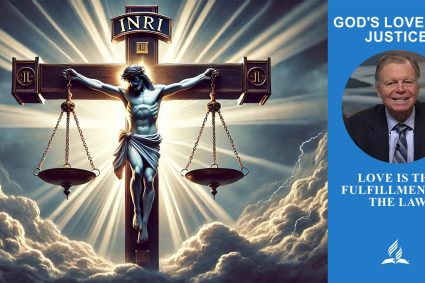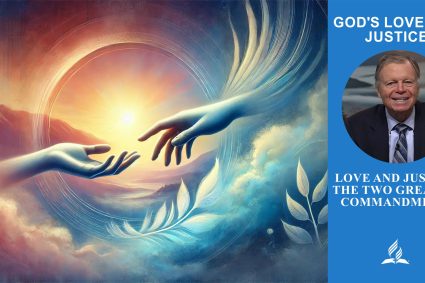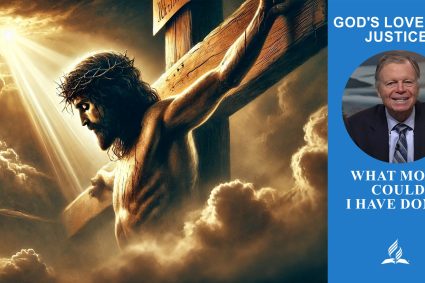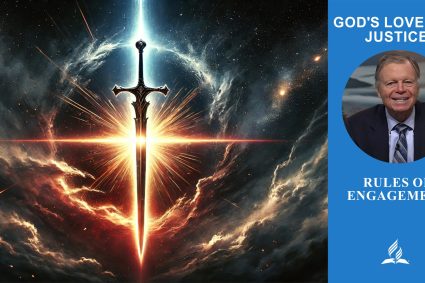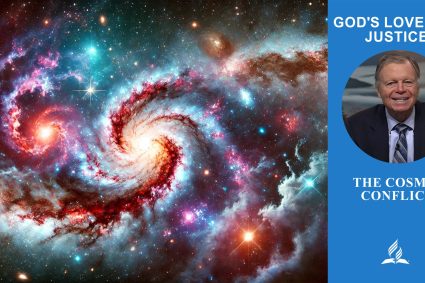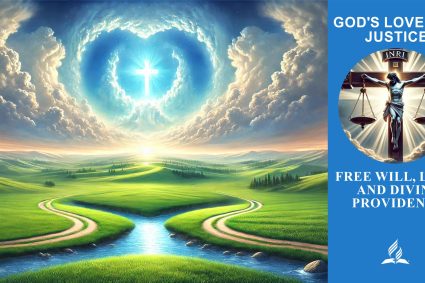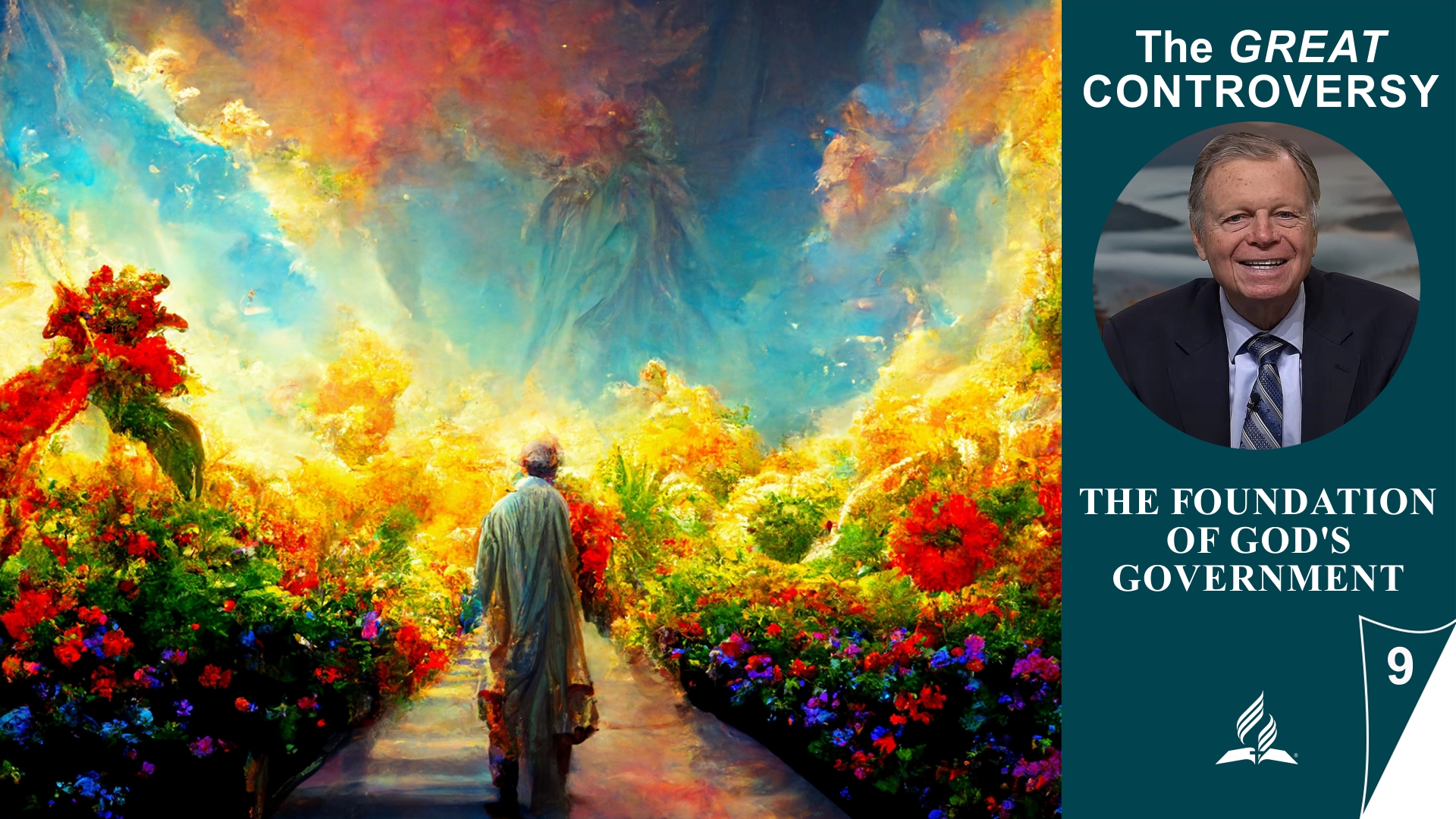
Series THE GREAT CONTROVERSY with Pastor Mark Finley |
Lesson 9.The Foundation of God’s Government |
The Fundamentals of Faith: Law, Sabbath, and End-Time Conflict |
In Lesson 9, we delve into the fundamental principles of God’s governance. We explore the significance of God’s law as an unchanging expression of His character and guidance for His people. The Sabbath is illuminated as a special sign of creation and redemption, symbolizing loyalty to God and true worship. Additionally, we consider the end-time conflict revolving around the question of worship and obedience to God’s commandments. This lesson leads us to a deeper understanding of the foundations of our faith and the importance of faithfulness in the last days.
Memory Text: Revelation 12:17 – “And the dragon was enraged with the woman, and he went to make war with the rest of her offspring, who keep the commandments of God and have the testimony of Jesus Christ.”
Content:
9.1 The Sanctuary and the Law
The Sanctuary and the Immutable Law of God
The sanctuary and the law are deeply interconnected, as scriptures such as Revelation 11:19, Exodus 25:16, 31:18, and Revelation 12:17 demonstrate. In the Ark of the Covenant in the Most Holy Place lay the Ten Commandments of God inscribed on stone tablets. These laws symbolize God’s unchanging will and His holiness. On the Day of Atonement, the high priest entered to obtain atonement for the sins of the people through blood sacrifice, merging mercy and justice. Adventist believers recognized that the divine law continues in the heavenly sanctuary and was not annulled by the cross. This realization underscores the importance of the law and the Sabbath in Christian faith.
9.2 The Immutability of God’s Law
The Eternal Validity of God’s Law in Christian Faith
The verses cited in Matthew 5:17-18, Psalm 111:7-8, Ecclesiastes 12:13-14, 1 John 5:3, and Proverbs 28:9 emphasize the eternal validity and significance of God’s law. They teach that the moral law, as contained in the Ten Commandments, is immutable and binding for all time. This law reflects God’s character and the enduring relationship between God and humanity. John Wesley emphasizes that Jesus abolished the ceremonial law but affirmed the moral law. Adventists see in the acknowledgment of the heavenly sanctuary a confirmation of the validity of God’s law and the Sabbath. These principles are central to the understanding and practice of the Christian faith.
9.3 The Sabbath and the Law
The Sabbath: Connection of Creation and God’s Law
The verses from Revelation 14:6-7, 4:11, Genesis 2:1-3, and Exodus 20:8-11 inseparably connect creation, the Sabbath, and God’s law. The Sabbath commemorates God’s work of creation and demonstrates our special position in His creation. It reminds us that we are not accidental but created by God’s plan and love. Observing the Sabbath is an expression of worship and gratitude to God, the Creator and Redeemer. It is a weekly pause to celebrate God’s care and receive His blessing. Thus, the Sabbath is a sign of loyalty to God and a symbol of the rest and grace we find in Him.
9.4 The Mark of the Beast
The End-Time Conflict: Loyalty to God’s Commandments versus the Mark of the Beast
Revelation 12:12, 12:17, and 13:7 reveal Satan’s wrath against God’s end-time people who keep God’s commandments and hold to the testimony of Jesus. Satan is particularly furious because this people remain faithful to God’s law amidst the great end-time conflict. Revelation 13 discloses that Satan, through his allies, the beast from the sea and the beast from the earth, wages war against the saints. The central conflict revolves around worship: either worship of the Creator or the beast. In this context, the Sabbath plays a crucial role as a sign of true worship. Those who accept the false Sabbath receive the mark of the beast, while the faithful uphold God’s commandments, including the Sabbath.
9.5 The Three Angels’ Messages
The Choice between Worship of the Creator and the Beast
In Revelation 14:7, the first angel calls for worship of the Creator and reverence for God in view of the impending judgment. The second angel warns against fallen Babylon, a symbolic apostate system promoting false worship. People must choose between worshiping the Creator or the beast. Revelation 14:12 describes the faithful as those who keep God’s commandments and hold to the faith of Jesus. These two characteristics are crucial as they express true worship and deep, unwavering devotion to Christ. Amidst the greatest trials, this faith will carry believers through the final crisis until Jesus returns.
9.6 Summary
A Look at Law, Sabbath, and End-Time Conflict
Lesson 9 emphasizes the central importance of God’s law as the foundation of His government. The Ten Commandments, stored in the Ark of the Covenant in the Most Holy Place of the sanctuary, are an expression of God’s unchanging will and character. The Sabbath plays a special role as a sign of creation and redemption, and its observance is an expression of loyalty to God. The end-time conflict revolves around true worship and obedience to God’s commandments. The Three Angels’ Messages call humanity to choose worship of the Creator over the mark of the beast, highlighting the importance of faith and loyalty in the last days.
(Visited 35 times, 1 visits today)

